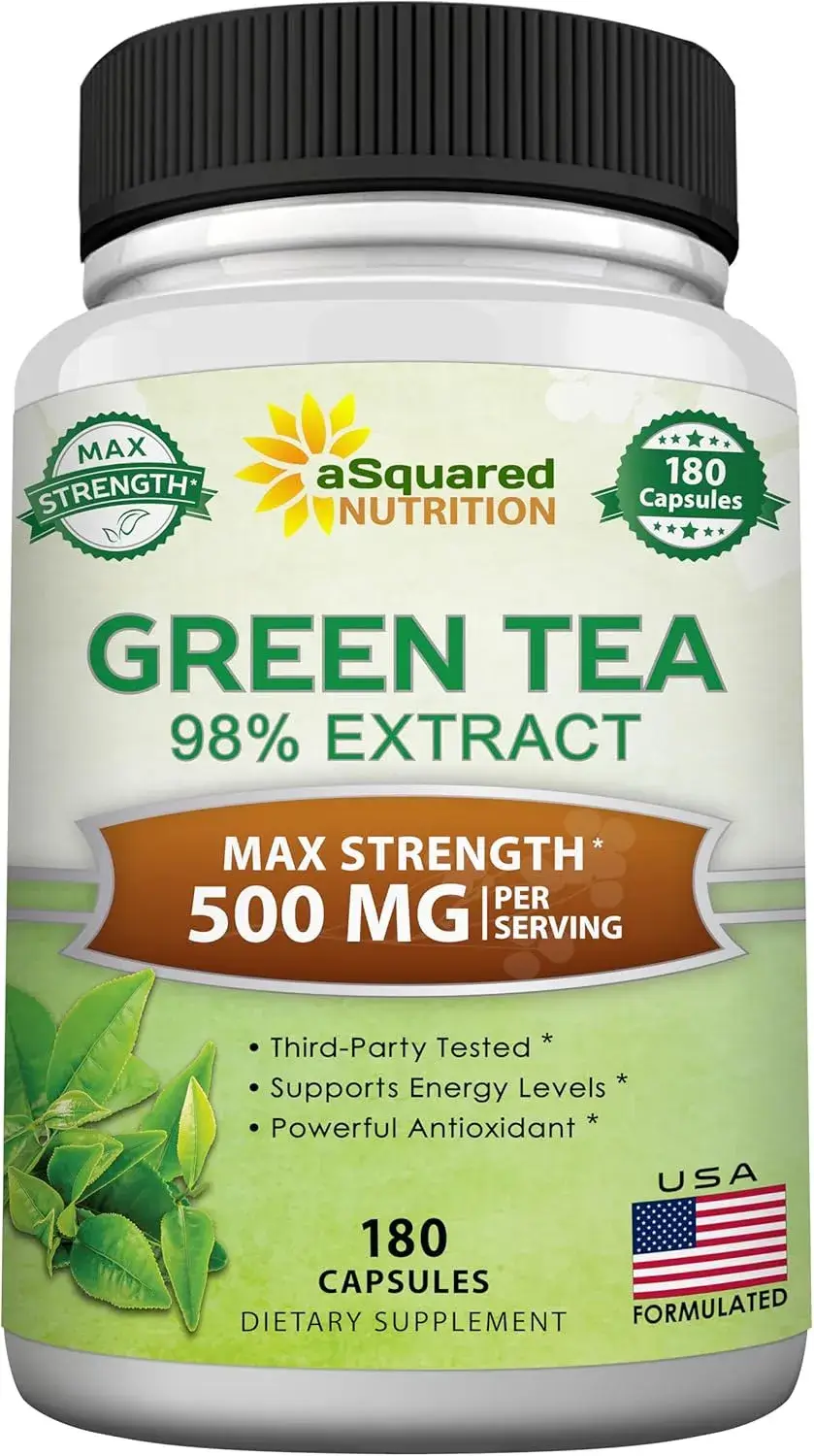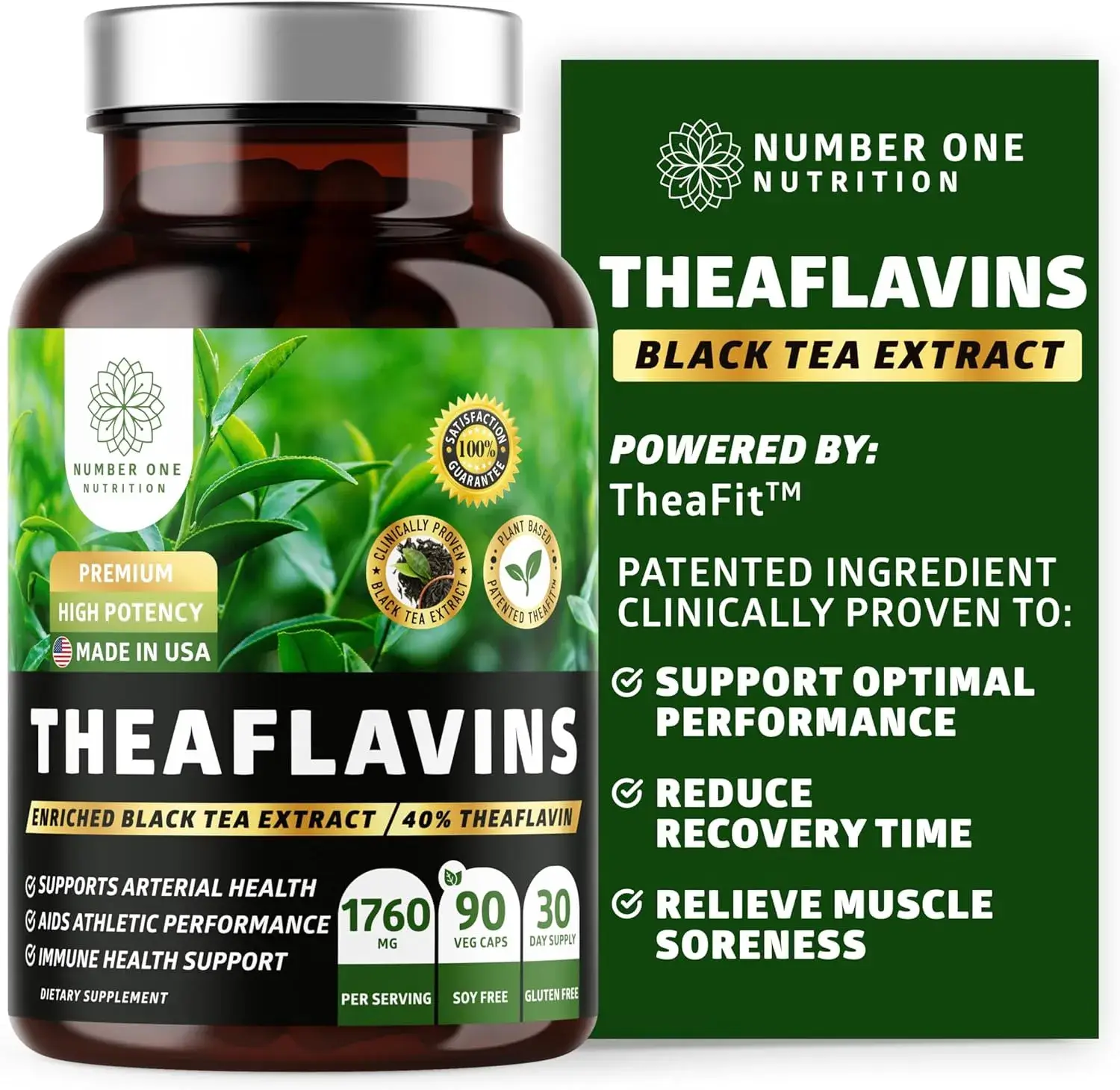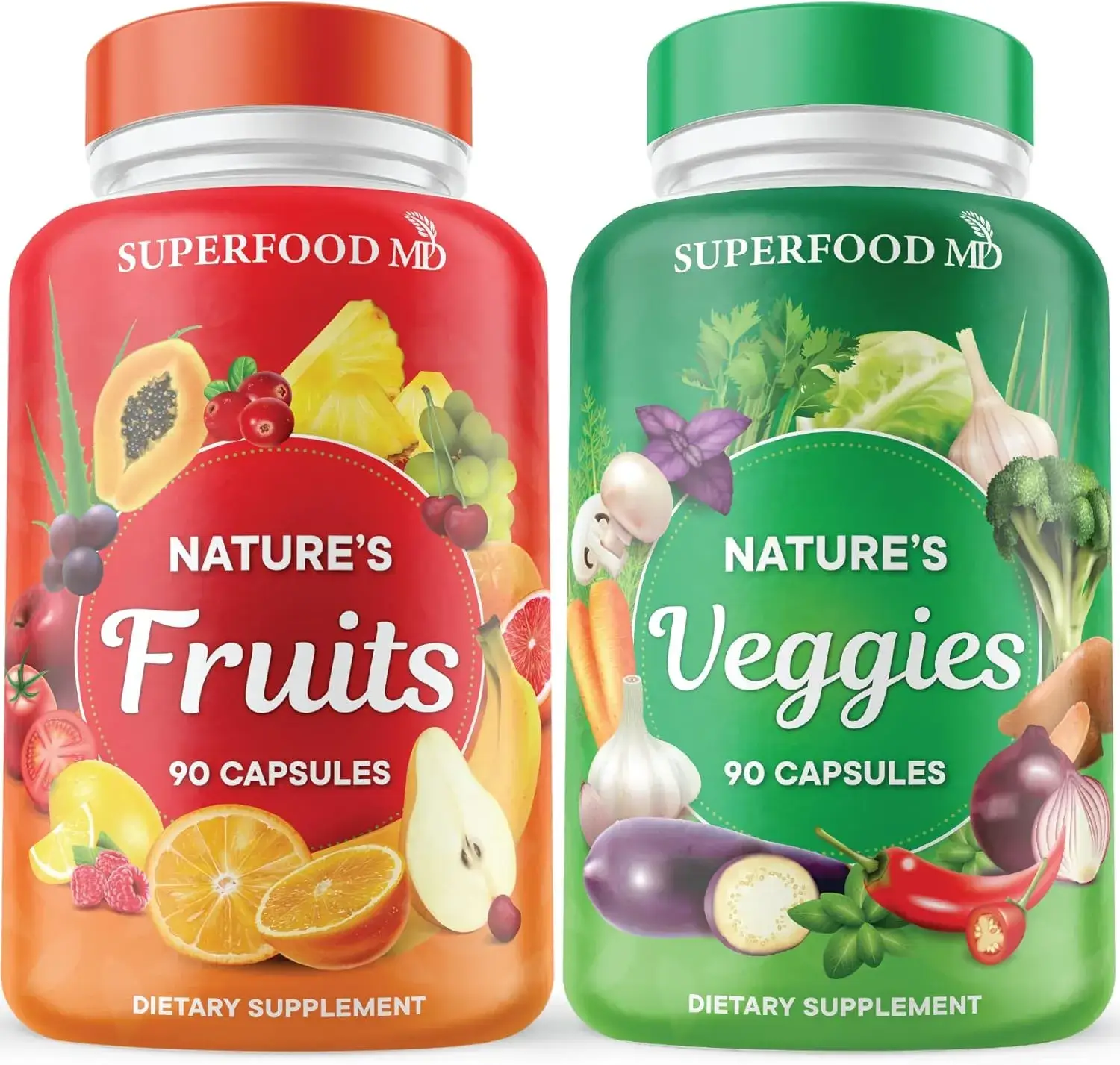Table of Contents
White tea is often regarded as one of the most delicate and refined teas available, celebrated for its subtle flavor and numerous health benefits. But one of the most frequently asked questions about white tea is: Is white tea caffeinated? The short answer is yes, but the amount of caffeine varies depending on several factors. In this article, we’ll delve into the caffeine content of white tea and uncover five surprising facts that make this tea truly unique.
Is White Tea Caffeinated? Understanding Caffeine in White Tea
Caffeine is a natural stimulant found in various plants, including tea. While many people enjoy caffeinated beverages for their invigorating effects, some prefer to limit their caffeine intake. Understanding the caffeine levels in white tea can help tea lovers make informed decisions about their consumption.
Caffeine Content Variation: On average, an eight-ounce cup of white tea contains between 15 to 30 mg of caffeine. This amount can vary based on several factors, including the specific type of white tea, the harvest time, and the brewing method. So, how much caffeine in white tea really depends on these variables.
How Much Caffeine In White Tea?
When it comes to caffeine, white tea is often overshadowed by its more robust counterparts, like green and black teas. Here’s a breakdown of caffeine content in various teas for comparison:
- White Tea: 15–30 mg per cup
- Green Tea: 20–45 mg per cup
- Black Tea: 40–70 mg per cup
- Coffee: 95–200 mg per cup

The lower caffeine content in white tea makes it an attractive option for those looking to reduce their caffeine intake without sacrificing the enjoyment of tea. If you are sensitive to caffeine or want to enjoy tea later in the day, white tea is a suitable choice.
👉 Sip the Pure Elegance – Try Premium White Tea Today! 👈
5 Surprising Facts About White Tea
Now that we’ve addressed the caffeine content, let’s explore five surprising facts about white tea that highlight its unique qualities.
1. Is White Tea Caffeinated? Less Caffeine than Other Teas
One of the most surprising aspects of white tea is that it typically has less caffeine than other popular types of tea. This makes it a great choice for those who want to enjoy a warm beverage without the jitters often associated with higher caffeine levels. For instance, while a cup of black tea can have up to 70 mg of caffeine, white tea’s gentle caffeine levels allow for a milder, more relaxing experience.
Many people enjoy drinking white tea in the afternoon or evening, thanks to its lower caffeine content. This means you can savor the delicate flavors without worrying about sleep disturbances later.
2. High Antioxidant Levels
White tea is rich in antioxidants, particularly catechins and polyphenols. These compounds are known for their health benefits, including reducing inflammation and lowering the risk of chronic diseases. The high antioxidant content in white tea is attributed to its minimal processing. Because it is made from young leaves and buds, it retains more of these beneficial compounds compared to more processed teas.
Health Benefits of Antioxidants: Antioxidants play a crucial role in protecting the body from oxidative stress, which can lead to various health issues, including heart disease and cancer. Drinking white tea regularly can contribute to overall health by providing a steady supply of these protective compounds. Research suggests that the antioxidants in white tea may also help improve skin health and promote a youthful appearance.
3. Unique Production Process
The production of white tea is unique compared to other types of tea. It involves a simple process that includes plucking the young leaves and buds, allowing them to wither and dry in the sun. This minimal processing helps retain the natural flavors and nutrients of the tea, resulting in a delicate and fragrant brew.
Types of White Tea: There are several types of white tea, with the most popular being Silver Needle and White Peony. Silver Needle is made exclusively from young buds, while White Peony includes both buds and leaves. Each type has its own flavor profile and caffeine content, offering a variety of choices for tea lovers.
The craftsmanship behind white tea production not only influences its flavor but also contributes to its health benefits. The careful handling and processing preserve the beneficial compounds that make white tea a sought-after choice for health-conscious individuals.
👉 Ancient Wisdom in a Cup – Taste Authentic White Tea! 👈
4. Health Benefits of White Tea: Potential Weight Loss Benefits
Some studies suggest that one of the notable health benefits of white tea is its potential to aid in weight loss. The combination of caffeine and catechins in white tea can help boost metabolism and promote fat oxidation. While it’s not a magic solution for weight loss, it can be a beneficial addition to a balanced diet and healthy lifestyle.

How White Tea Supports Weight Loss: Drinking white tea may enhance fat burning during exercise and contribute to overall weight management when combined with a healthy diet and regular physical activity. Some research indicates that the catechins in white tea can help reduce body fat, especially in the abdominal area.
Incorporating white tea into your daily routine, alongside a balanced diet, is an enjoyable way to reap the health benefits of white tea and support your weight loss efforts. Just remember, moderation is key, and it’s essential to maintain a holistic approach to health.
5. Rich in Flavor and Aroma
Despite its lower caffeine content, white tea is celebrated for its complex flavor profile and aromatic qualities. The flavor of white tea is often described as light, sweet, and slightly floral, making it a delightful choice for tea enthusiasts.
Brewing Tips for Optimal Flavor: To fully enjoy the delicate flavors of white tea, it’s essential to brew it correctly. Here are some tips:
- Use Cooler Water: Brew white tea at a temperature of around 160–185°F (70–85°C) to avoid bitterness and extract the best flavors.
- Short Steeping Time: Steep for 2–5 minutes, depending on the type of white tea, to achieve a well-balanced cup.
- Quality Leaves: Opt for high-quality loose-leaf white tea for the best flavor and aroma.
The art of brewing white tea is about striking the right balance. Experimenting with different brewing times and temperatures can help you find the perfect cup that suits your taste.
Conclusion
So, is white tea caffeinated? Yes, it is, but with lower caffeine levels compared to other types of tea. The five surprising facts about white tea highlight its unique qualities and health benefits, making it a worthwhile addition to your tea collection. Whether you’re looking to reduce your caffeine intake or simply enjoy a light and flavorful beverage, white tea is an excellent choice.
By understanding the caffeine content and exploring the many benefits of white tea, you can make informed decisions about how to incorporate this delightful tea into your daily routine. With its rich flavor, health-promoting properties, and lower caffeine content, white tea is a perfect companion for any tea lover. Enjoy your cup of white tea, and savor the delightful experience it brings!
👉 Soft Flavor, Strong Benefits – Discover White Tea Magic! 👈
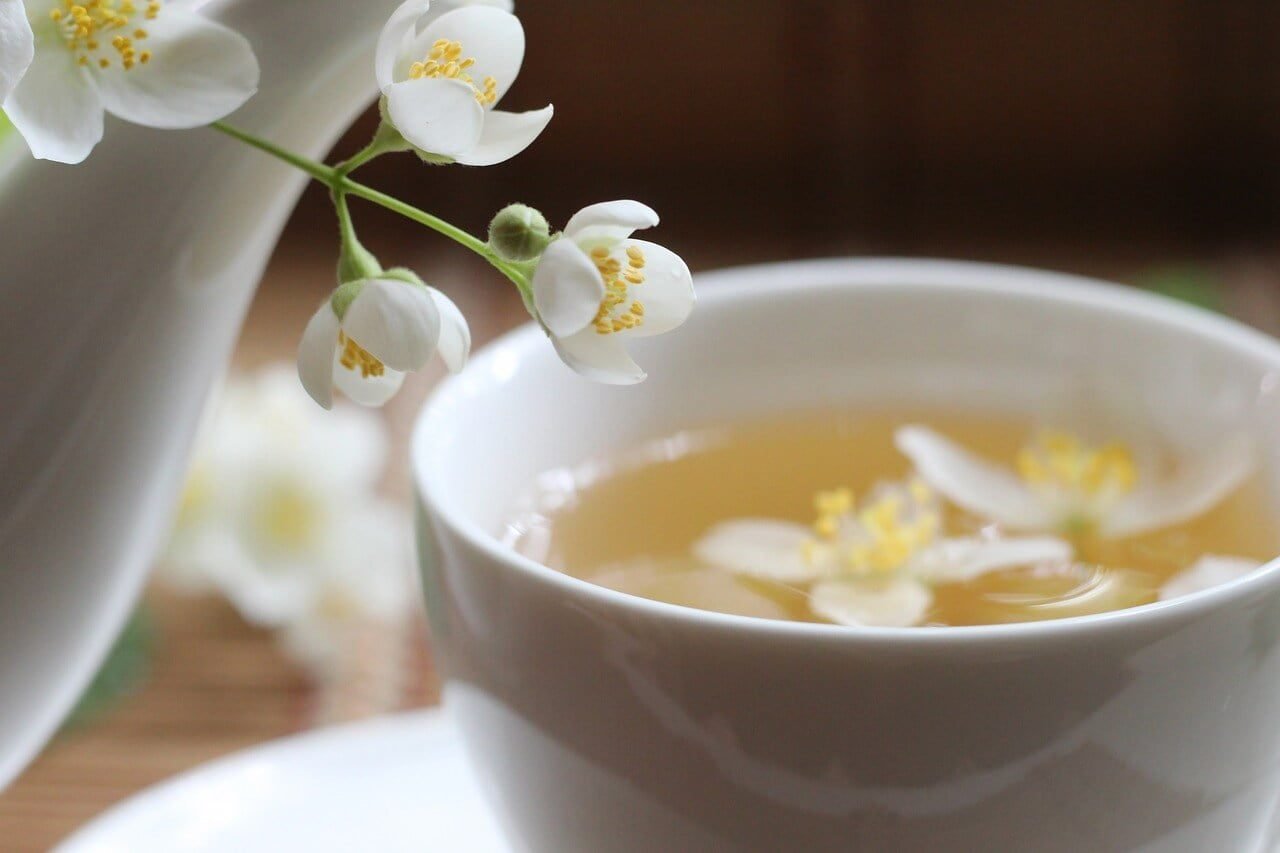


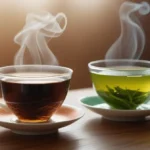

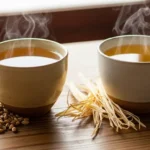

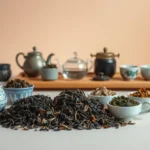
![Jasmine Tea vs Green Tea Benefits: Which Gives Better Health Results? [2025] jasmine tea vs green tea benefits](https://www.goteaworld.com/wp-content/uploads/2025/09/jasmine-tea-vs-green-tea-benefits-150x150.webp)


